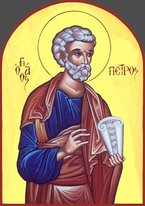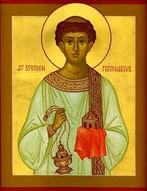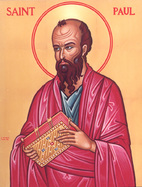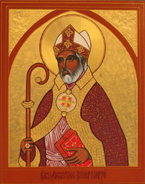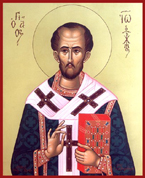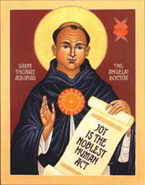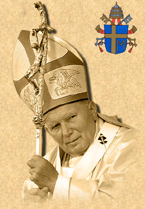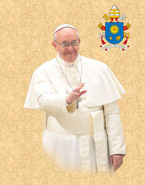The call of baptism is hence not to be less human, but to be excellently human. And therefore, when our fellow humanity is in crisis, we as Christians must accompany humanity in its darkness by bringing light into the dilemma of human fallenness. When human life lacks tastefulness, then Catholics must take it upon ourselves to bring beauty (and therefore hope) into life. Obviously this involves more than just donating our 50 Ringgits or 100 Ringgits to make ourselves feel better because we think we have done our dues for society and therefore now it is somebody else's turn.
Being excellently Catholic means that we must be found useful, helpful, relevant to the human condition. Our Lord reminds us in the Holy Gospels that Catholics cannot be armchair philosophers and theologians. And worse still, we cannot mask our inaction with a facade of spirituality or holiness. There is such a thing as being too heavenly to be of any earthly use. This phenomenon stems from a wrong understanding of holiness and of human destiny. There are those who think holiness is purely about following a litany of rules that they should never trespass under any circumstances, and they will make it a point to comply with these rules even at the expense of human dignity and love. And there are also those who think that the human being is destined to die and his soul departs from his decaying body, so saving the soul is all that matters. These misperceptions about holiness and human destiny drive us to an inaction that makes us as individuals irrelevant to the needs of humanity, as if believing in Jesus Christ inevitably leads us to deny human realities. When you see the dealings of Jesus with the crowds following him in the course of his ministry, he integrates the human reality with our experience of God: he feeds us, he talks to us about the necessity of finding rest, and he even talks a lot about money; he does and says whatever helps people to become truly human. The Apostles speak in their epistles about the necessity of preaching the crucified Christ, the Christ who suffers with and for others. The crucifixion and suffering of Christ had always come as a scandal to the Jews during the time of the Early Church, and its scandal lies perhaps in the all-too-human excruciation suffered by Jesus. If our Lord subjected himself to such human an experience, then a version of Catholicism that is so sanitised and disconnected from human pain and need can only serve to contradict the nature of Jesus himself. As we preach the crucified Christ, we must also live the life of the crucified Christ by not just sharing our bread with the poor, but also being the very bread that is broken and fed to the needy. Only then can the notion of the crucified Christ be real to a humanity that needs to see icons of the crucified Christ fathomed by its mortal senses. Our given mandate is clear. It is not one of passivity and inaction, or one of sedentary spirituality. The Catholicism of a Catholic who has no good works to show is in question. In all that we do as Catholics, "...your light must shine in the sight of men, so that, seeing your good works, they may give the praise to your Father in heaven." (Mt 5:16).
0 Comments
Leave a Reply. |
Categories
All
Archives
December 2021
|
|
FOLLOW DEACON SHERMAN DEACON'S FORMATION FB GROUP
© 2021 Sherman Kuek. All rights reserved.
|

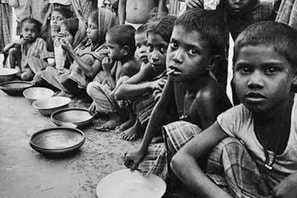
 RSS Feed
RSS Feed
